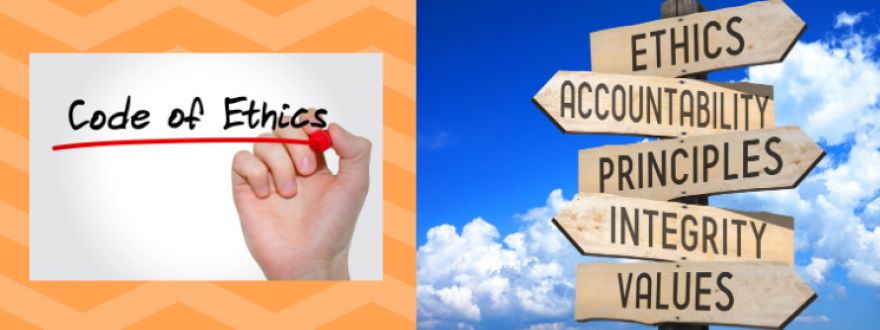
Do you trust your insurance agent and carrier to handle your premium payments properly?
In 2018 there were about 1.2 million licensed insurance professionals in the US and most of them are actively working in the insurance industry or in the financial industry. In every state there are requirements for those insurance agents to take routine ethics and continuing education courses in order to keep their license active. The idea behind this requirement is to promote industry knowledge and honest and ethical behavior particularly when dealing with clients and their money. They call this a 'fiduciary responsibility.'
Unfortunately anytime there is handling of money there may be opportunities for mismanagement or dishonesty, so here are a few things you can do to ensure you dont become a victim:
Always get a receipt
A receipt is proof that an agent accepted money for a policy premium payment. This sounds obvious but a receipt should contain several important details, and preferably not be handwritten unless a confirmation notice is also sent after payment is made. It should contain the date, the name of the carrier being paid (not just the agency), the amount of the payment, the method of payment (cash or check), policy number, and the type of payment (October premium payment). If payments are being made to more than one company or policy, each transaction should be documented clearly and should have separate receipts. Any company bills issued after the date of payment should reflect previous amounts collected. To avoid the mishandling of payments within an office or by mail, I strongly encourage clients to setup automatic billing with the carrier directly.
Invoices should come from the carrier not the agent
Almost all personal insurance policies are billed by the insurance carrier directly, this billing method is called 'direct bill.' If the agent requests a payment for the policy, make sure you have an invoice from that carrier that includes the amount due and your correct policy information for the current term. The bill should come directly from the company (direct bill) and that carrier should have a billing department phone number that you can easily request up to date billing information. If you receive a bill with a strange amount on it you should request your agent or carrier give you an accounting of payments made, when the payments were processed, and any future premiums owed.
Renewals should arrive about 45 days prior
When you have a personal lines policy, you should have a renewal offer sent to you by mail or email (depending on your preference) about 45 days prior to the expiration date of the current policy. Never pay for a policy renewal without first receiving this offer. If you never recieved the renewal offer, contact the agent or the carrier directly and request a new one. An invoice for that renewal may follow shortly thereafter or be included with the renewal offer. Even if you plan on switching to a new carrier, a renewal or non-renewal notice is a statutory requirement and not receiving one could mean something has gone wrong.
Policy documents
When you buy insurance coverage you should be given a copy of the application and a binder or ID card however this is not the same thing as a policy. The actual 'policy' document is several pages long (usually about 20 or so) and should either be mailed, emailed, or be available by app or online customer portal. Its okay if its not made available immediately but if you don't have a policy within 30 days of application, contact the agent or carrier and have one mailed to you as soon as possible and confirm the policy is active. If the policy is held up that long it could mean there is an underwriting or billing cancellation pending. If a binder was paid for but the carrier never issued it, you will need to prove your intention to purchase coverage with receipts and a copy of the application so always retain these documents.
If you have concerns that your insurance agent or insurance carrier may be acting unethically, you can contact the state consumer advocate at 1-877-MY-FL-CFO (1-877-693-5236) or visit them on the web at:
https://www.myfloridacfo.com/Division/Consumers/needourhelp.htm







